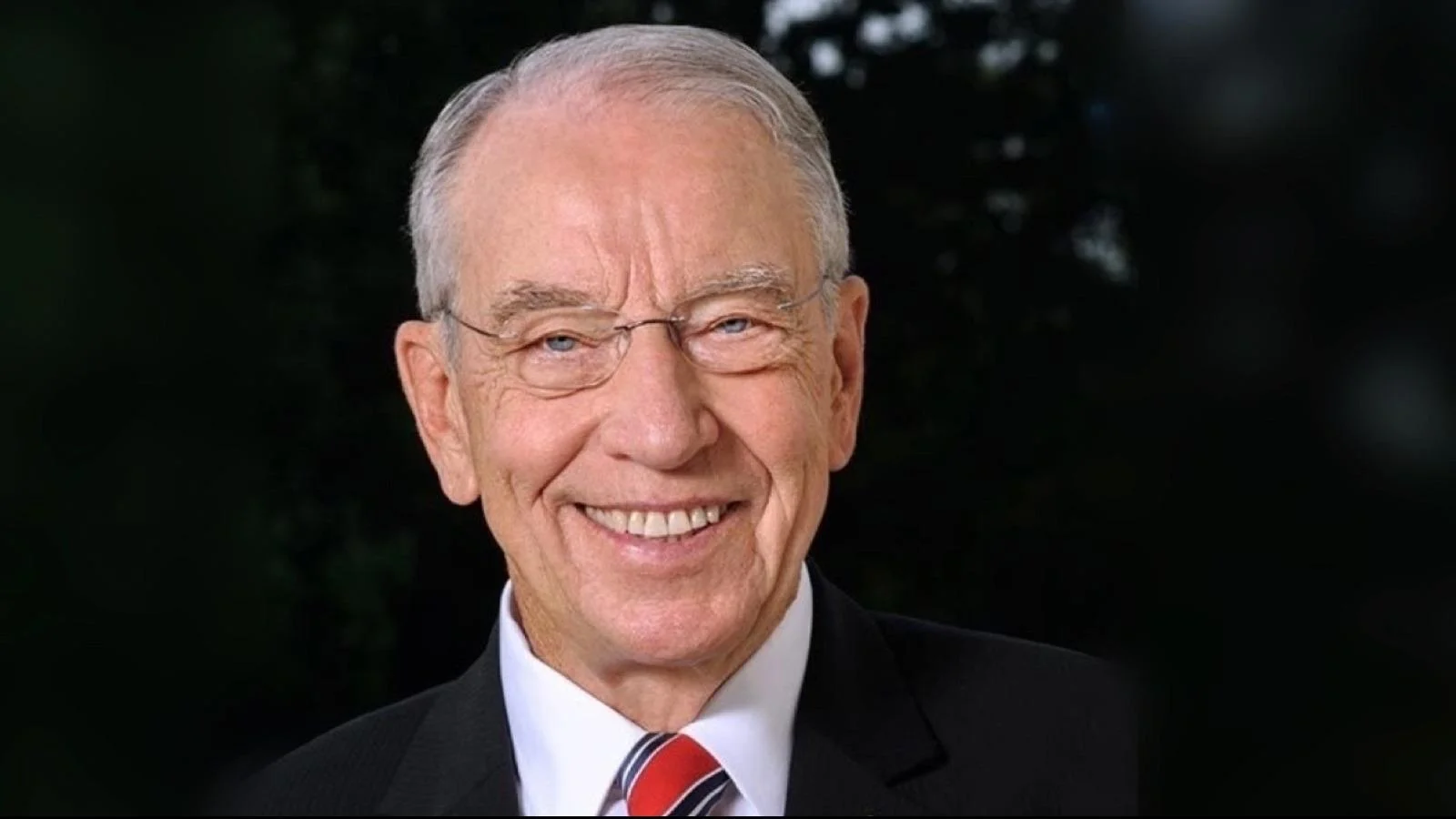Senator Chuck Grassley | Official U.S. Senate headshot
Senator Chuck Grassley | Official U.S. Senate headshot
Sens. Chuck Grassley and James Lankford have reintroduced the Prevent Government Shutdowns Act, a bill aimed at ending government shutdowns and holding Congress accountable for completing budget work on time.
“It costs money to shut the government down and costs money to open it back up. Government is a service to the people, and harmful shutdowns deprive taxpayers of the services they rely on and pay for. Our legislation prevents these unnecessary shutdowns from taking place, and it forces lawmakers to act responsibly and find reasonable government funding solutions,” Grassley said.
“We have to change the way Washington spends money. Our debt is now more than $37 trillion. Congress cannot keep avoiding the hard choices to fix it,” Lankford said. “Shutting down the government does not fix the debt problem, it just makes it worse. The best way to finish negotiating the hard issue is to keep Congress in Washington until the budget is finished. That puts the pressure on lawmakers, not on families and important services.”
Other senators supporting this legislation include John Barrasso, Steve Daines, John Cornyn, Ted Budd, Bill Cassidy, Marsha Blackburn, Tommy Tuberville, Katie Britt, and Joni Ernst. In addition, companion legislation has been introduced in the House by Budget Chairman Jodey Arrington.
The bill would require members of Congress to remain in Washington if appropriations are not finalized by fiscal year-end. This measure intends to avoid a government-wide shutdown while maintaining critical federal services for Americans.
Under this proposal, if there is a lapse in funding, an automatic continuing resolution would take effect every 14 days using current spending levels from the previous year until new appropriations are passed. This mechanism would allow essential operations to continue uninterrupted.
During such periods under an automatic continuing resolution (CR), restrictions would be placed on taxpayer-funded travel for White House OMB staff and leadership as well as members of Congress and their staff—with only one flight allowed back to Washington permitted per person. No official funds could be used for member or staff delegation travel; campaign funds could not supplement official duties or travel expenses; motions to recess or adjourn longer than 23 hours would not be allowed; and legislative activity unrelated to appropriations would generally be suspended except for mandatory quorum calls.
After 30 days under an automatic CR period, some exceptions apply: certain expiring authorization bills or executive nominations—including those for Supreme Court Justices or Cabinet Secretaries—could be considered by the Senate floor. However, waiving these restrictions requires a two-thirds vote in either chamber but may last no more than seven days at a time.
The full text of the bill can be found online.




 Alerts Sign-up
Alerts Sign-up